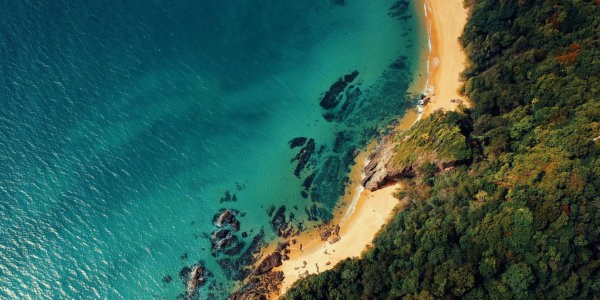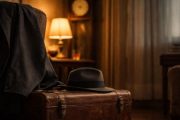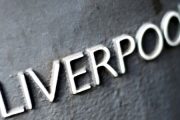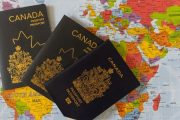Over the whole place reigned a peace and quiet so complete that, lying prone on the deserted sandy beach, one could hear only the gentle susurration of wavelets expiring with a hiss on the sand, punctuated by the clank of a chain on a tanker loading at the refinery pier or the occasional shout of a crewman. These silent leviathans drifted in and out of the bay until they were lost to the blue horizon. An infrequent bird of prey circled overhead, gliding on a thermal. There were no shops, no cars, no signs, no radio or TV, no telephones or streetlights, no newspapers, and best of all, few people. Apart from the Swans, there was only a Dutch couple with a baby who kept to themselves in the end bungalow. It was no luxury resort with organized activities and waterparks, but to the Swan children it was paradise.
Once, while sunbathing at the beach, Mrs. Swan felt a light tap on her shoulder. Startled to see no-one there, she jumped up to discover an enormous red crab had touched her gently, either with one of its legs, or with a giant upraised pincer. Snatching up the towel she had been lying on, she was surprised to find another red crab underneath it. ‘You see,’ said her husband, ‘it was telling you, “ Excuse me, but you’re lying on my brother.”’ The children laughed. The youngest Swan had learned to her cost not to kick a spiny sea-urchin. She spent part of a memorably painful afternoon having the pines painfully extracted by her father, who suspected an older brother of having incited her to kick the creature.
The days passed for the children in idle luxury, collecting sea-shells, swimming in the clear warm water, trying in vain to catch darting little iridescent fish, making mud pies and sand castles and then hiding from the intense dry noonday heat of a sun whose effect on the landscape, let alone on human flesh, was characterized by Joseph Conrad in Nostromo as ‘hammer blows upon an anvil.’ Then it was time to retreat, to read undisturbed in the torpor that laid its reproving hand upon activity, to rest in the shade and drink fruit juice, or to allow the brilliant light to induce sleep.
It is unlikely that Borburata has remained the way it was. The refinery was long since nationalized and foreigners compelled to leave; the bungalows have probably been torn down and replaced by a concrete marina, and the fever of conspicuous consumption lies upon the place like a pestilence, as it does wherever development has raised its ugly head.
It is more likely, however, that, during the fever of nationalization and the pestilent chaos that ensued with the advent of chavismo, the state-sanctioned and ill-conceived confiscation and ‘redistribution’ of wealth introduced by the incompetent and barely literate populist Marxist Hugo Chavez and his corrupt cronies brought only misery and violence in their wake, as left-wing totalitarian utopianism did to Mugabe’s Rhodesia, Stalin’s Russia, and Kim’s North Korea. The refinery and Borburata itself, that paradise for sun-starved expatriates, in all likelihood lies rusting and derelict in the Caribbean sands. The Swans long ago flew north, and the other Europeans followed them.
But Borburata as it once was still lies untouched in the irrecoverable past, bathed in the golden glow of memory.





